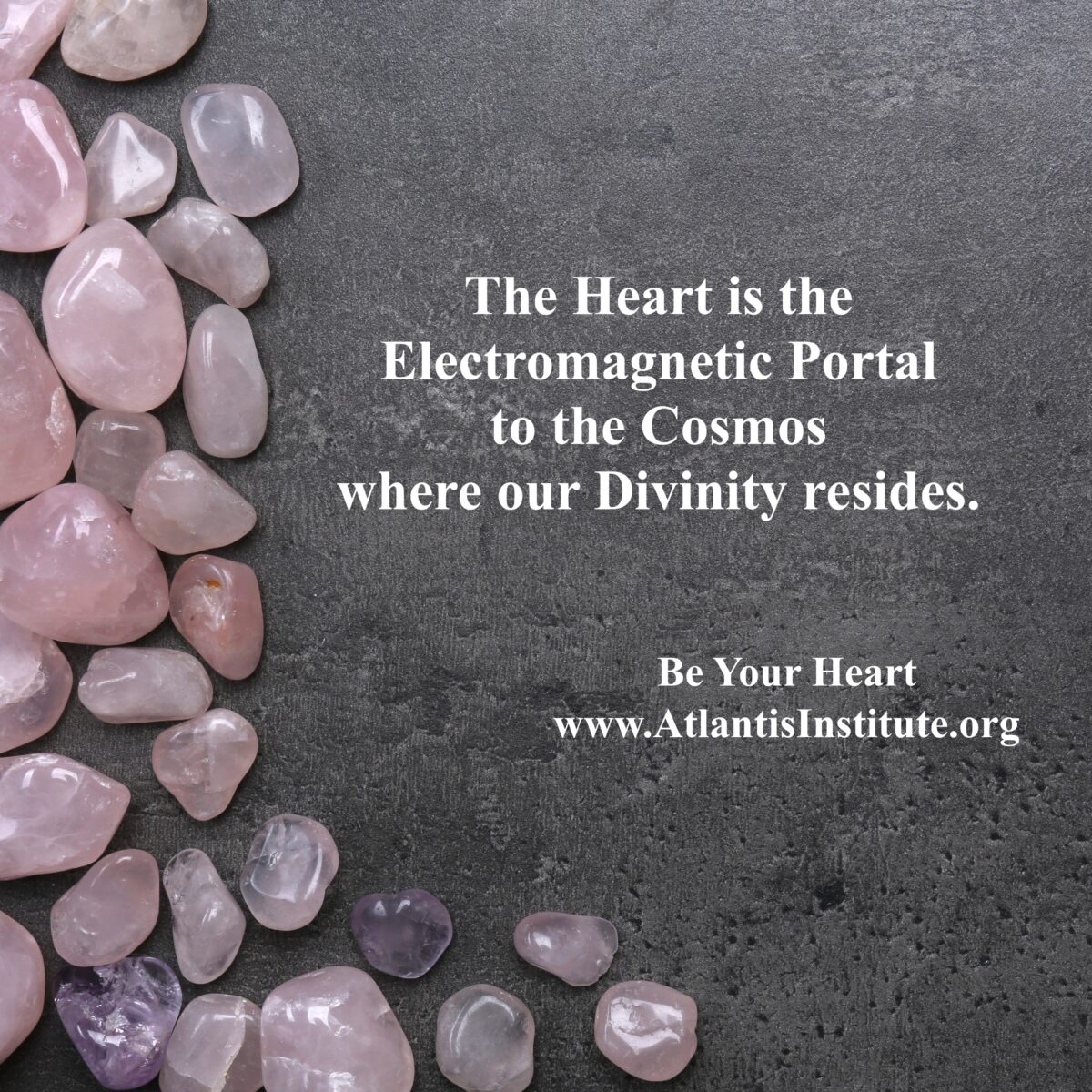By David Ellis
Healing through Forgiveness is a powerful and transformative human experience. It can heal wounds, release burdens, and open the door to a brighter and more peaceful future. Forgiveness is a beacon of hope and a testament to our humanity in a world often marked by conflict, resentment, and grudges.
Understanding Forgiveness
Forgiveness is a complex and multifaceted concept that transcends the mere pardoning of a transgressor. It is not about condoning or justifying the hurtful actions of others. It’s not about forgetting our past or hurtful experiences; rather, it's a conscious and deliberate decision to let go of anger, resentment, and the desire for revenge and accept what was. Forgiveness involves acknowledging the pain caused, making peace with it, and moving forward without carrying the emotional baggage of the past. It is also important to understand forgiveness is not only towards those who have hurt us but also towards ourselves for the hurt we have caused ourselves.
Psychological Benefits of Forgiveness
Emotional Liberation
Forgiveness liberates individuals from the emotional shackles of anger and resentment. When one forgives, they free themselves from the negative emotions weighing them down. This emotional liberation can lead to greater happiness and peace of mind.
Reduced Stress and Anxiety
Forgiveness has been associated with reduced stress levels. Holding onto grudges and resentment can lead to chronic stress and anxiety, whereas forgiveness can alleviate these emotional burdens.
Improved Mental Health
Studies have shown that forgiveness can improve mental health. It can decrease symptoms of depression, anxiety, and even post-traumatic stress disorder (PTSD) in some cases.
Enhanced Self-Esteem
Forgiveness is a powerful tool for rebuilding self-esteem. It empowers individuals by allowing them to rise above their pain and take control of their emotional well-being.
Better Interpersonal Relationships
Forgiveness positively influences how we relate to others. We can rebuild or strengthen relationships when we forgive, fostering a more positive and harmonious environment.
Physical Benefits of Healing through Forgiveness
The mind and body are intricately connected, and forgiveness's positive effects also extend to physical health.
Lower Blood Pressure
Holding onto anger and resentment can elevate blood pressure, increasing the risk of heart disease and other cardiovascular problems over time. Forgiveness can help lower blood pressure and promote heart health.
Improved Immune Function
Chronic stress and negative emotions weaken the immune system. Forgiveness has been linked to enhanced immune function, which can boost the body's ability to ward off illness.
Pain Reduction
Forgiveness has the potential to reduce physical pain. Studies have shown that individuals who practice forgiveness often experience decreased chronic pain conditions.
Longer Life
Several studies have suggested a correlation between forgiveness and increased longevity. More forgiving people tend to live longer and enjoy better overall health.
Healing and Transformation
Forgiveness is not a one-size-fits-all solution; it can be challenging. However, its capacity for healing and transformation is profound.
Healing Emotional Wounds
Forgiveness is a balm for emotional wounds. It helps individuals come to terms with past hurts and find closure. This process can be likened to mending a broken bone; the healed bone is often stronger at the mended point. Similarly, the process of forgiveness can lead to emotional resilience.
Transforming Negative Patterns
Forgiveness has the power to break negative patterns and cycles. People who have experienced hurt and betrayal may perpetuate these negative experiences in their future relationships. Forgiving allows them to break free from this cycle and form healthier relationships.
Empowerment and Resilience
Forgiveness is an act of empowerment. It allows individuals to take control of their emotional well-being, freeing them from the grip of past transgressions. This empowerment also fosters emotional resilience, helping individuals navigate future challenges with grace and strength.
Mending Relationships by Healing through Forgiveness
One of the most profound aspects of forgiveness is its ability to mend damaged relationships. It provides the opportunity to rebuild trust, repair bonds, and create a stronger foundation for the future.
Rebuilding Trust
Trust is often one of the first casualties in any relationship marred by conflict or betrayal. Forgiveness is the path to rebuilding that trust. When forgiving, people demonstrate a willingness to move beyond the past and trust the other person again.
Improved Communication
Forgiveness opens the doors to improved communication. When individuals let go of resentment and anger, they can better engage in healthy and constructive conversations, leading to a deeper understanding of one another.
Strengthening Bonds
Forgiveness is not merely about getting back to square one. It can strengthen the bonds between individuals. Forgiveness forces both parties to examine their actions, motivations, and relationship dynamics. This self-reflection can lead to a more profound connection and understanding.
Family and Community Healing
Beyond individual relationships, forgiveness can also play a crucial role in healing fractured families and communities. By practising forgiveness, families can overcome long-standing grudges, and communities can mend divisions and work together towards common goals.
Forgiveness in Practice
Forgiveness is easier said than done, and its practice can be challenging. However, several key steps can help individuals navigate this transformative process:
Acknowledge the Hurt
The first step in forgiveness is acknowledging the pain and hurt you've experienced. It's essential to confront the emotions associated with the transgression.
Accept Your Emotions
Feeling anger, sadness, and resentment when wronged is perfectly normal. Accepting these emotions is an essential part of the healing process.
Understand the Other Person
Try to understand the perspective and motivations of the person who hurt you. This doesn't mean you must agree with their actions; understanding can make forgiveness more manageable.
Make the Decision
Forgiveness is a conscious choice. It's not about forgetting or excusing the behaviour but letting go of its negative emotions.
Seek Support
Forgiveness can be a lonely journey. Seek support from friends, family, or even a therapist who can provide guidance and a safe space for your emotions.
Practice Self-Compassion: Be kind to yourself throughout the process. Forgiveness is about letting go of anger towards others and forgiving yourself for any role you played.
Set Boundaries
Forgiveness does not mean letting someone walk over you. Setting healthy boundaries is crucial to maintaining self-respect and ensuring your well-being.
The Global Impact of Healing through Forgiveness
The power of forgiveness extends far beyond individual relationships and personal healing. It can have a significant impact on a global scale. Here are some ways in which forgiveness can influence societies and contribute to a more peaceful world:
Conflict Resolution
Forgiveness is a cornerstone of conflict resolution. In international relations, diplomacy, and peace negotiations, forgiving and moving beyond past grievances is vital in achieving lasting solutions.
Reconciliation
Forgiveness is central to the process of reconciliation in post-conflict societies. It allows divided communities to unite, heal wounds, and build a shared future.
Social Harmony Forgiveness can nurture social harmony and reduce the risk of social unrest and violence. By forgiving past wrongs, societies can create a more inclusive.
Healing through Forgiveness


















